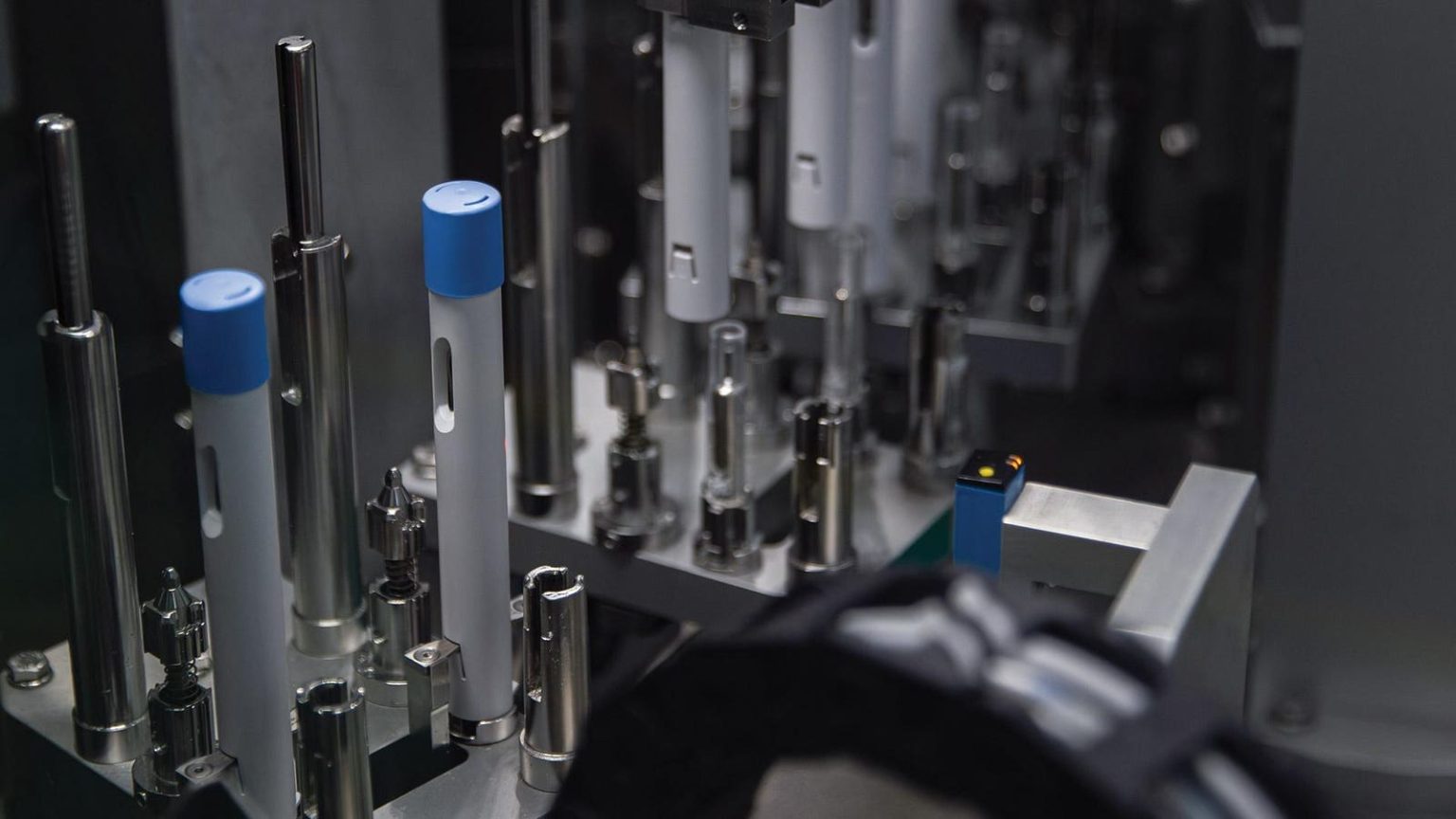SHL Medical, a Swiss-based company founded in 1989, has become a major player in the market for autoinjectors, particularly in the booming sector of weight loss drugs. The company, co-founded by Swedish billionaire Roger Samuelsson, has seen significant growth in recent years, with Forbes estimating Samuelsson’s worth at $3 billion due to his 69% stake in the company.
The demand for weight loss drugs, such as Novo Nordisk’s Wegovy and Ozempic, has led to increased production of autoinjectors, devices that allow patients to administer the medication at home through weekly injections. SHL Medical’s products, which include sleek, cylindrical injectors like “Molly” and “Maggie,” are used by 20 of the world’s 25 largest pharma companies, including Novo Nordisk, Amgen, and Pfizer.
Samuelsson’s journey to founding SHL Medical began in 1983 when he visited Taiwan and started shipping various products back to Sweden. The company’s breakthrough came in 1994 when it secured a deal with Upjohn (now part of Pfizer) to manufacture injectors. Over the years, SHL Medical has invested in technology, including robotics, to automate production and ensure quality control.
With the growing market for weight loss drugs and other injectable therapies, SHL Medical is ramping up production to meet increased demand. The company plans to produce 750 to 850 million autoinjectors annually by 2028, up from its current volume of around 300 million. Investments in new facilities, acquisitions of automation firms, and innovative products are part of SHL Medical’s strategy to meet the rising need for autoinjectors.
While competition in the market for autoinjectors is fierce, SHL Medical remains confident in its ability to meet demand. The company has partnerships with major drugmakers like Novo Nordisk and is focused on expanding its production capacity to ensure a reliable supply chain. Additionally, SHL Medical is exploring new technologies, such as autoinjectors that transmit signals to healthcare providers when doses are administered.
Looking ahead, SHL Medical sees potential for growth in various sectors, including oncology treatments and vaccines. The company’s leadership, including current CEO Ulrich Fässler and board member Andreas Aschenbrenner, is optimistic about the future of home administration of drugs and the potential for innovative delivery devices. As the market for injectable therapies continues to expand, SHL Medical is well-positioned to capitalize on opportunities for growth and innovation.


